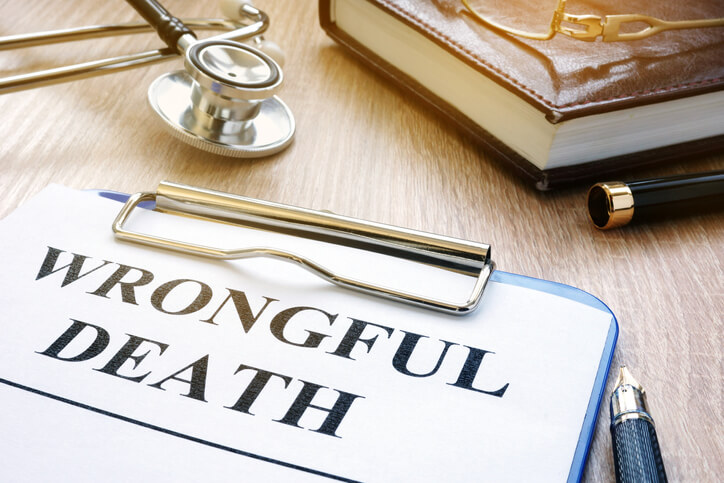When an individual is injured because of the negligent or intentional acts of others, he or she can bring a personal injury claim. But when the injury results in the victim’s death, certain eligible survivors can file a wrongful death lawsuit. These claims cover a variety of wrongful actions, including those that involve violent crimes. The Philadelphia wrongful death attorneys of Cooper Schall & Levy are here to seek justice for you and your family.
Negligent Security and Violent Crime
Pennsylvania law requires that residential and commercial property owners provide reasonable security measures to keep their guests and visitors safe. When they fail to do so, and someone becomes the victim of a violent crime, that individual can pursue a premises liability case against the owner of the property and potentially other parties. If the victim dies as a result of the crime, survivors may be able to file a wrongful death claim.
No property owner can absolutely guarantee that a visitor or guest will not be the victim of a violent crime on their property. Even with the strongest security protocols imaginable, violent crime can still claim the life of someone. However, property owners are obligated to adopt preventive measures against reasonably foreseeable hazards. Among such hazards are the risks associated with violent crime.
An example of a violent crime that may fall into the above category includes a shooting at a restaurant, a fight that turns deadly at a bar, or an invasion resulting in death at a hotel. Cases such as these can be complex, and a number of factors must be examined to determine whether the property owner or manager knew, or should have known, of the risk of such violent crime but failed to do anything about it.
Examples of Property Owner Negligence
If someone dies from a violent crime, an attorney will need to investigate the circumstances surrounding it to determine if the owner or manager of the property was somehow negligent. The following examples are evidence of such negligence:
- Broken or malfunctioning security equipment such as locks and alarm systems
- Poor lighting, especially in common areas like hallways and parking lots
- Failure to adopt safety and security measures after a criminal incident has been reported
- Refusal to expel guests who are posing a threat to others
- Improper training of security staff, especially where they are hired to provide security for specific events
An attorney will review internal property records, police reports, surveillance camera footage, statements from witnesses, and other evidence to determine the nature of the owner’s negligence.
Negligent Security and Wrongful Death
Wrongful death claims cover situations in which a property owner, due to negligent acts or omissions, allowed a reasonably foreseeable hazard to harm and kill someone else. These lawsuits may cover a variety of property conditions that result in the demise of someone else, including those which arise from negligent security. In other words, if someone dies because of inadequate security measures, surviving family members may be able to take legal action against the owner or manager of the property.
The personal representative of the deceased victim’s estate must file the wrongful death lawsuit. But if this individual fails to do so within six months of the victim’s death, immediate family members (spouse, children, or parents of the deceased) can file the lawsuit. Potential damages include:
- The victim’s funeral expenses
- Medical expenses the victim incurred before death
- Estate administration costs
- Lost income and benefits, including what the deceased victim would reasonably have been expected to earn if he or she had lived
- Loss of the deceased victim’s services and companionship
Explore Your Legal Options With Us Today
If your loved one died in a preventable violent crime, Cooper Schall & Levy wants to help you seek justice. We are committed to demanding the maximum amount of wrongful death damages available under the law. Reach out to us today to get started.








